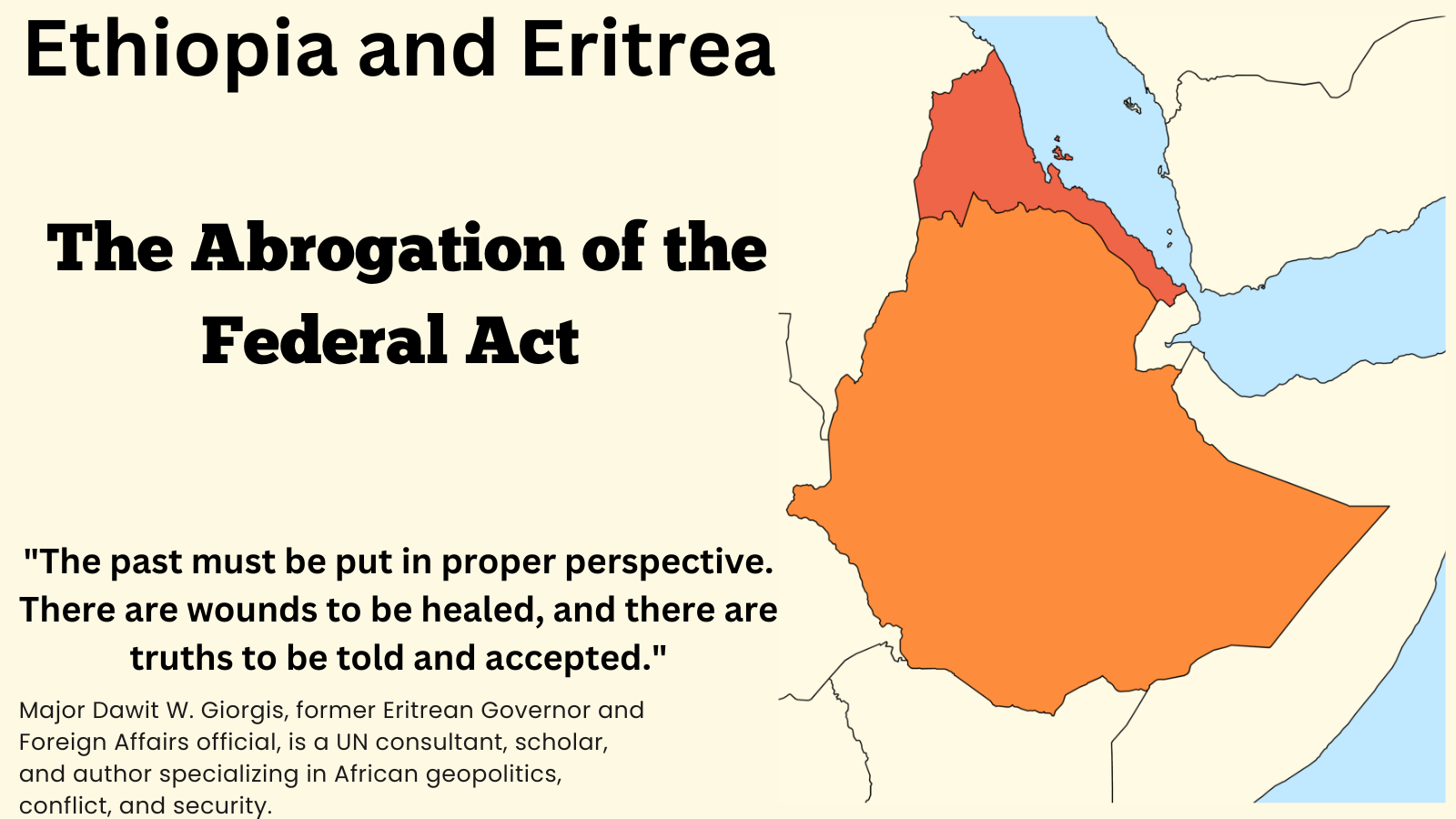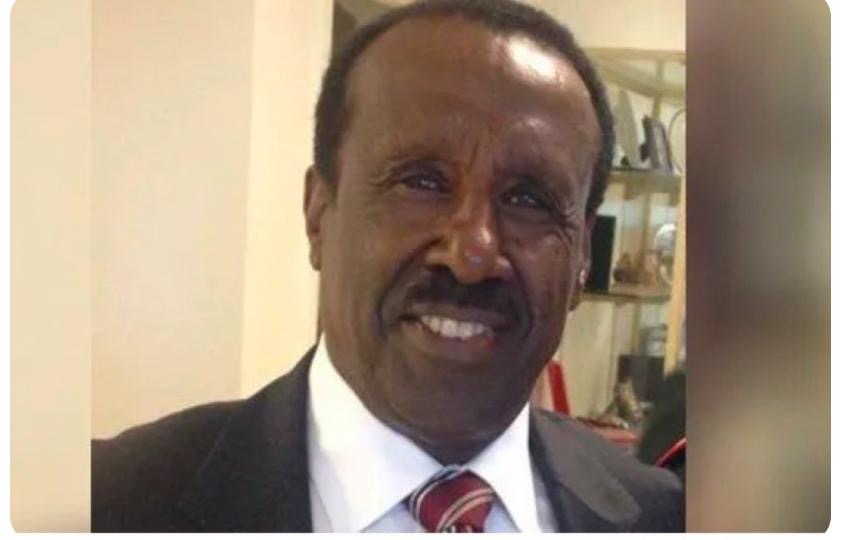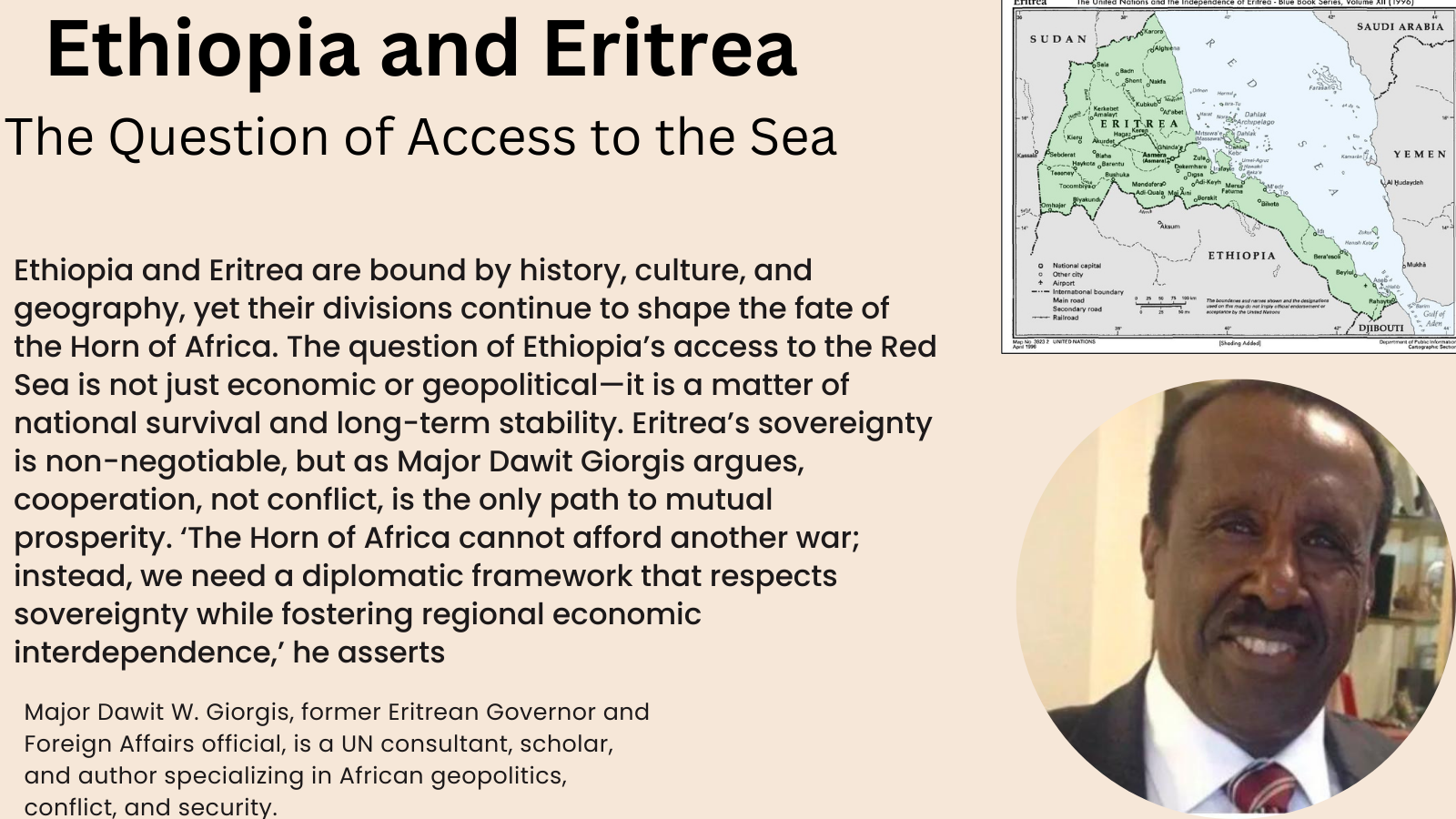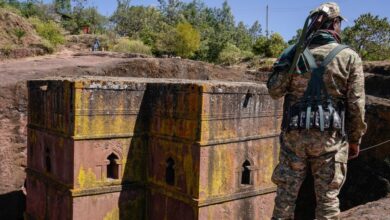Shocking Mass Killing in Ethiopia’s Oromia: Muslim Imam and 12 Family Members Allegedly Slaughtered by Oromo Liberation Army Amid Rising Sectarian Tensions
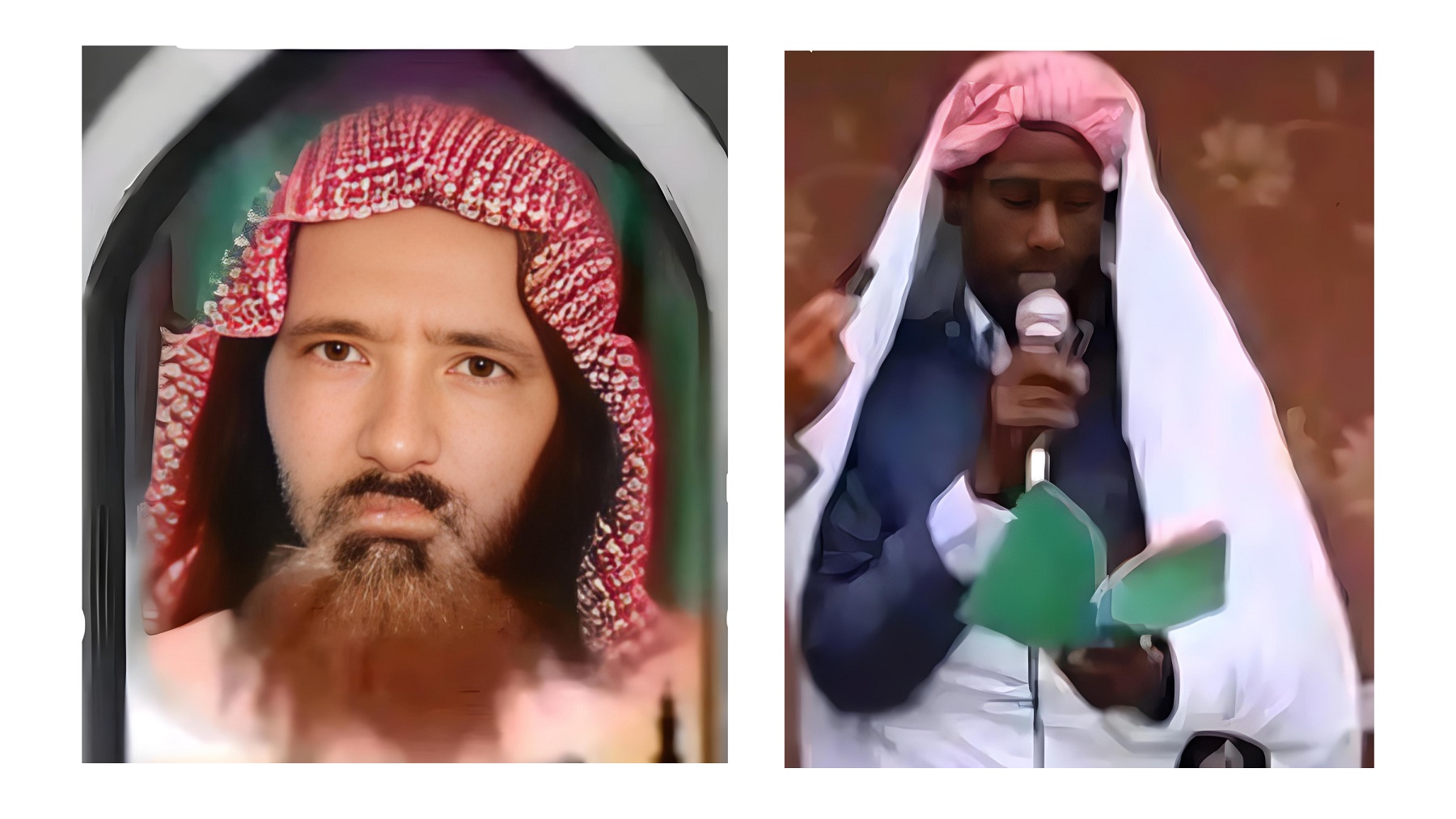
Addis Ababa, Ethiopia – Ethiopia’s conflict-ridden Oromia region has witnessed yet another brutal attack targeting a prominent religious family. Sheikh Muhammad Mekin Sheikh Muhammad Arif, imam of the Haji Ahmed Mosque, was reportedly killed alongside 12 members of his family in an attack allegedly carried out by the Oromo Liberation Front (OLF), also known as OLF-Shene. This armed group, which the Ethiopian government has designated as a terrorist organization, has been linked to escalating violence against religious and ethnic minorities in the region.
Sheikh Muhammad Mekin and his family, who were abducted several weeks ago in the Dera district, are members of a prominent Islamic lineage based in Wollo. Known as the “Mohammedo ከማመዶዎች ዘር ሀረግ” class, the family traces its roots back to the Prophet Muhammad, making them part of Ethiopia’s revered lineages, often called “Sharifs” or “Sayyids.” These families are historically respected within Ethiopian Muslim society, especially in regions such as Wollo, Harar, and Shewa, where descendants of the Prophet Muhammad have lived and served as spiritual leaders for centuries.
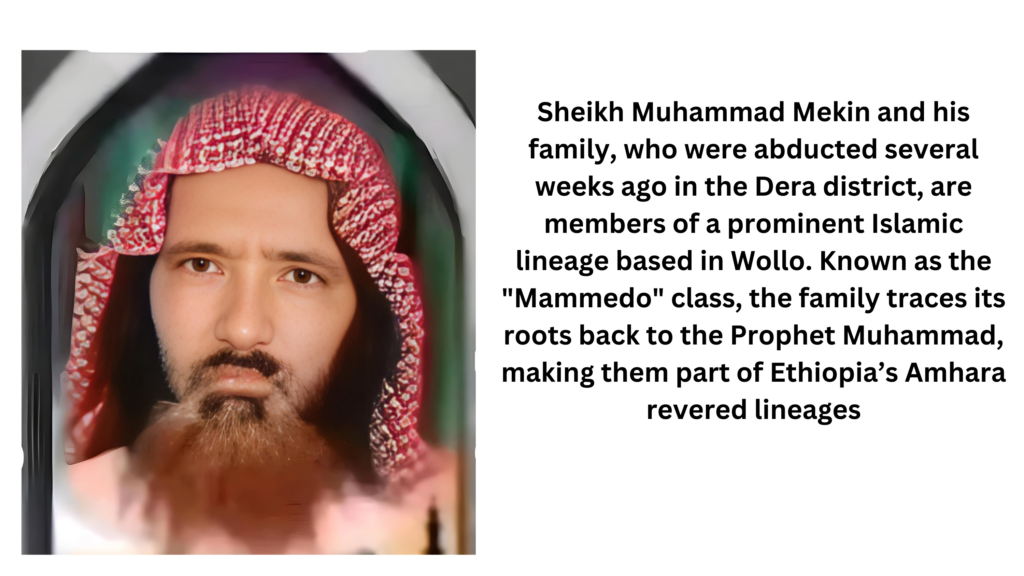
The significance of these lineages in Ethiopia dates back to the early spread of Islam in East Africa. Ethiopia holds a unique place in early Islamic history, as the Prophet himself advised some of his earliest followers to seek refuge in the Christian Kingdom of Aksum to escape persecution in Mecca—a migration known as the First Hijra. This deep historical connection helped establish Islamic roots in Ethiopia, with families like Sheikh Muhammad Mekin’s embodying this legacy and often assuming religious leadership roles.
The late imam’s brother, Sheikh Muhammad Wole, is another prominent Ethiopian Muslim leader who co-founded the Ethiopian Islamic Affairs Supreme Council alongside Haji Mohammed Sani Habib. Sheikh Wole, who chaired the Ethiopian Muslim Scholars Association (የኢትዩጵያ ዓሊሞች ማህበር), has played a pivotal role in the country’s Muslim community.
In recent weeks, Sheikh Muhammad Mekin and over 30 people from his community were kidnapped following his morning prayers. Despite ransom negotiations that led to the release of some family members, the imam and 12 relatives were ultimately executed, according to local sources. The Amhara Region Islamic Council and other religious bodies have since condemned the killings, calling on authorities to take swift action.
“We condemn the barbaric killing of Sheikh Muhammad Mekin and his family, and we express our condolences to Ethiopia’s Muslim community,” read a statement from the Amhara Region Islamic Council. “We urge the government to bring those responsible to justice and to protect religious leaders and communities from further attacks.”
Ustaz Abubaker, a prominent Islamic scholar, echoed these concerns on social media, calling the killings an alarming sign of Ethiopia’s deepening sectarian rifts. “The loss of Sheikh Muhammad Mekin, a respected spiritual figure, reveals the dangerous direction our society is heading in,” he wrote. “The government must stop the barbaric targeting of civilians and religious leaders before we cross a point of no return.”
This attack comes amid a broader pattern of violence and kidnappings in Oromia, with Amhara civilians frequently targeted. A high-profile incident involved the kidnapping of 167 Amhara university students near Garba Guracha in North Shewa, who later recounted distressing experiences of violence in captivity. The Ethiopian Human Rights Commission (EHRC) and international bodies have expressed concern over the security situation, as kidnappings and sectarian attacks rise across the region.
The U.S. Embassy in Addis Ababa also issued a strong condemnation, stating, “Abductions of civilians and students for financial gain must stop.” The Ethiopian Human Rights Commission’s recent report further highlighted the escalation in violence, urging the government to enhance civilian protection, especially in areas affected by OLA activity.
As violence continues to claim lives across religious and ethnic communities in Ethiopia, the Ethiopian government faces mounting pressure to restore security and prevent further sectarian violence that risks tearing the social fabric of the nation apart.
Despite the gravity of this incident, the Ethiopian Islamic Affairs Supreme Council, traditionally known as the Majlis, has yet to issue a public statement or commentary. Its silence on this matter has left many in the Muslim community and beyond awaiting guidance and a response to the growing concerns over safety and sectarian tensions in the Oromia region.

